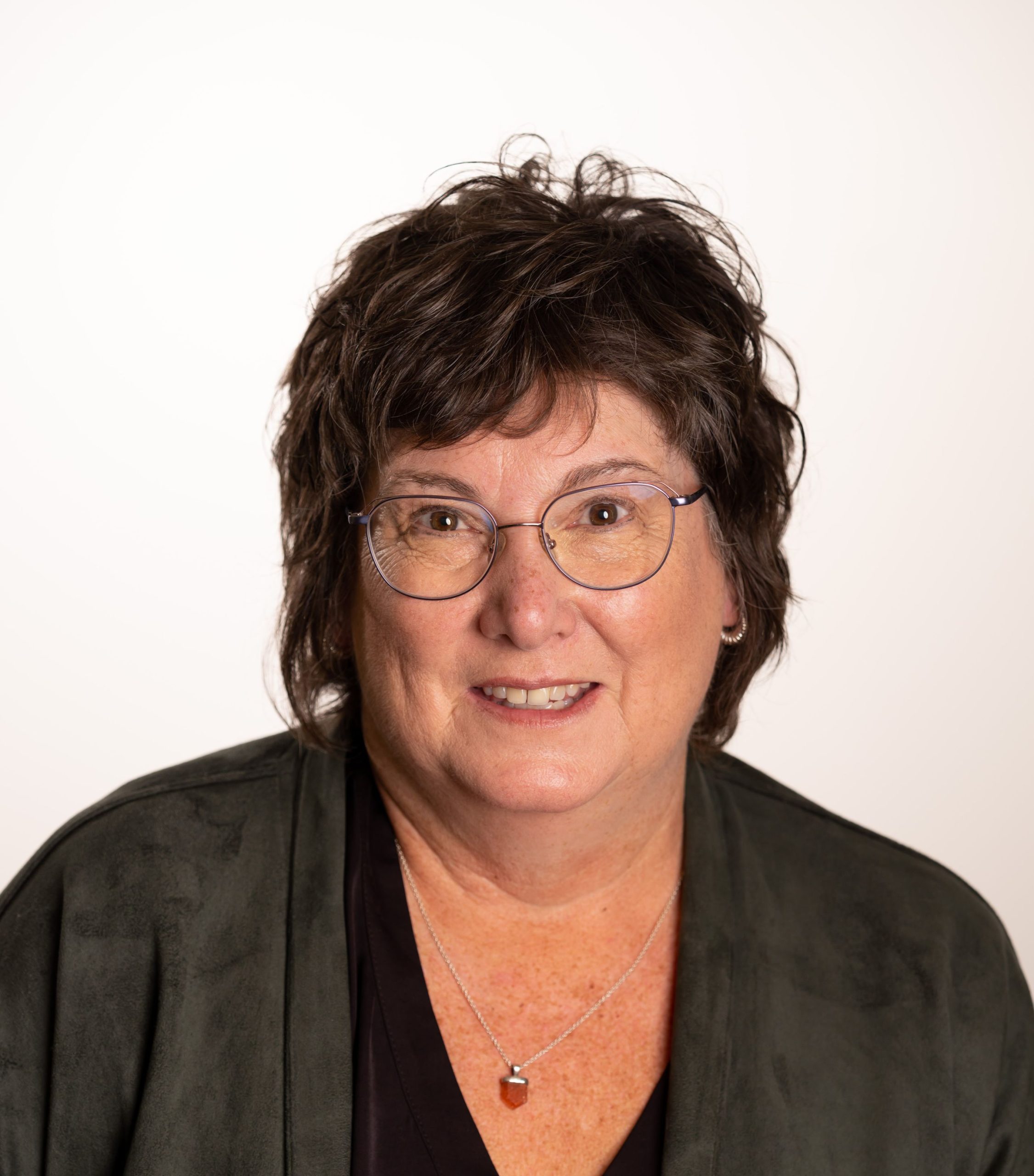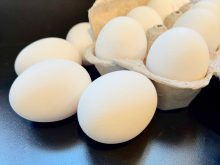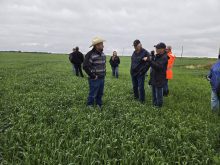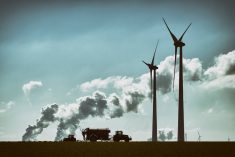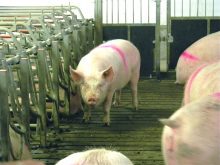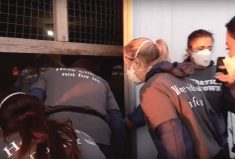Commercial fishermen in Iceland once tossed fish heads and backbones back into the ocean, discarding them as useless waste.
Now they earn $70 million annually from shipping them to Nigeria, where women making their living as street vendors sell dried Icelandic fish heads as a cheap source of protein for soups and stews.
After the fish products are dried for five days at 30 C using geothermal heat, they can be stored for up to two years with no further processing or infrastructure, Iceland’s President Olafur Ragnar Grimsson told delegates to the recent Borlaug Dialogues conference in Des Moines, Iowa.
Read Also

Mazergroup’s Bob Mazer dies
Mazergroup’s Bob Mazer, who helped grow his family’s company into a string of farm equipment dealerships and the main dealer for New Holland machinery in Saskatchewan and Manitoba, died July 6 from cancer.
It’s an example of how green energy can help address global food insecurity in the face of climate change and a rising world population, said Grimsson.
“As we move towards the 10-billion (population) mark, the challenge will be not only how to access food, but how to preserve it,” said Grimsson, noting much of the food produced in the world today is never consumed.
Alternatives must be found to our dependence on non-renewable fossil fuels — not only because those resources could run out, but because using them generates greenhouse gases, he said.
As technology goes, preserving food by drying it is as old as civilization itself, but modern technology can dramatically speed up the process and improve sanitation, Grimsson said.
“The problem is that it is so simple that most people don’t believe it,” he said. “We have all been accustomed to focusing on a high-tech solution.”
It’s also relatively low cost.
“Even the poorest of the poor can purchase healthy food through this method.”
Iceland, noted for its hot springs and volcanoes, has converted to 100 per cent green energy sources through a combination of hydro electric and geothermal development. Grimsson said that transformation helped its economy recover from its economic collapse in 2008 to where it now boasts unemployment rate of just four per cent.





